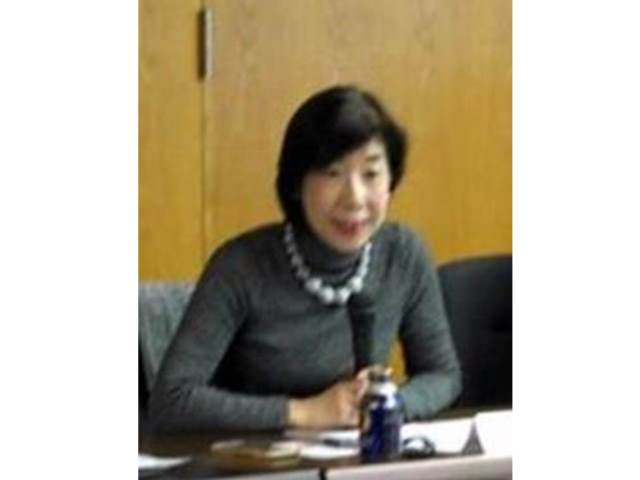
Yamazaki suggests three shifts in the Japanese co-operation approach: (1) provision of advisory policy services to meet emerging needs of middle income countries (MICs); (2) an integrated approach to new MICs which are still Least Developed Countries (LDCs), recognizing that their development gains are still fragile and vulnerable to shocks; and (3) sharing of Japanese experience with countries still in the “demographic bonus” period to prepare for a future graying population, all with an aim to institutionalizing their social policy, laws and practices. The three shifts are explained in detail as follows:
- The late comers of the ASEAN (Cambodia, Laos, Myanmar, and Vietnam) are classified as lower Middle-Income Countries (MICs) by the World Bank based on its criteria for those with a gross national income (GNI) per capita, roughly between US$1,000 and US$4,000. As countries enter into the MIC group, their funding sources expand to loans, investment, remittances, and financing from the broader markets. The proportion of ODA decreases with an expanded economy, and ODA form shifts from grants to loans. In addition to this change in financing development, MICs face other emerging issues such as widening disparities – income inequality, regional disparities, gender inequality, and environmental degradation. The new entrants to the MIC group will require updating of their development strategies for the transition. Development cooperation could support them with advisory services for emerging problems while seizing opportunities that present themselves in their unique country contexts.
- Japan could enhance its support through an integrated approach by strengthening institutional capabilities and governance (SDG 16), especially for LDCs. The UN defines the Least Developed Countries (LDCs) category based on the three criteria of LDC indices – GNI per capita, human assets index, and economic vulnerability index. Lower MICs such as Laos and Cambodia are LDCs and expected to remain LDCs for some time. Development cooperation could assist in addressing the issues of human assets and vulnerabilities through such an integrated approach. The majority of the population in developing countries engage in agriculture which is influenced by climate change, extreme weather events, natural disasters, and weak capacities of the governments to cope with disasters.
- The third and most beneficial support for the Southeast Asia region is to share Japanese lessons from its own “demographic bonus period”. The UNFPA definition of “demographic bonus” is “the economic growth potential that can result from shifts in a population’s age structure, mainly when the share of the working-age population (15-64) is larger than the non-working age share of the population (14 and younger and 65 and older)”. The demographic bonus period is considered an important time to put systems in place – public services, laws, and institutions – to prepare for the later period of a graying population with a higher dependency rate. The demographic bonus window appears only once during a development pathway, and thus it will be an important opportunity to build a foundation for the future. Japan can share some lessons that it learned the hard way, such as those related to gender, social and labor policy; checks and balances in governance systems; and environment and natural disaster risk management which were remnants of the high growth period. By the end of the 2030 Agenda period, the window will have almost closed. Looking into the future, it will also require cooperation in addressing risks and vulnerabilities and seizing opportunities from mega trends of the Fourth Industrial Revolution.
In sum, through development cooperation Japan could further provide advisory services in an integrated approach through SDG16 support.
Notes: For more details, please refer to her paper, “Development Cooperation, Policy Advice and Middle Income Countries”, the UN Reflection Series 2016, UN System College, Website at https://www.unssc.org/sites/unssc.org/files/un_reflection_series_2016.pdf, 193-207.




